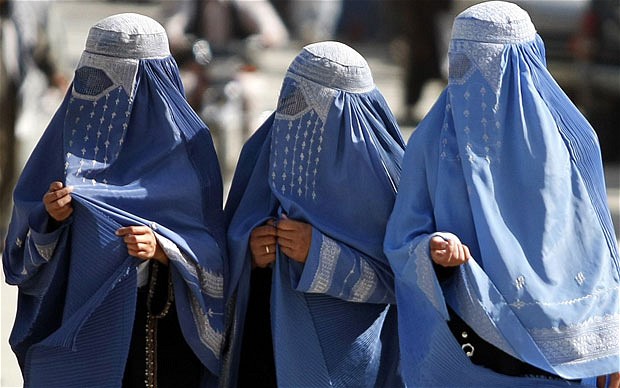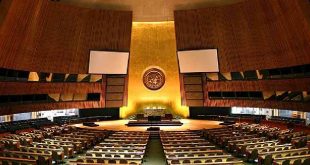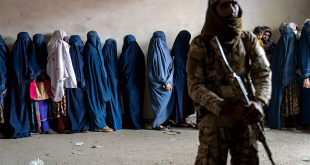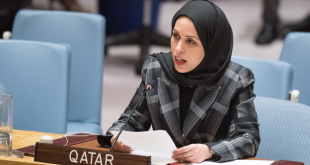AT Monitoring Desk-KABUL: The Human Rights Watch (HRW) on Tuesday called on the Afghan government to include female negotiators in the upcoming multistate meeting on the Afghan peace process.
Representatives of Afghanistan, Pakistan, the United States and China are scheduled to meet on January 11, in Islamabad, Pakistan. The meeting would shed lights on methods how to resume peace talks with the Taliban that stalled in July after the Taliban revealed the death report of their leader, Mullah Omar.
Heather Barr, senior women’s rights researcher at HRW, said that President Ashraf Ghani promised to include women in the peace talks but so far there is no participation of women in the reconciliation process.
“The January 11 meeting is a key opportunity for him [President Ghani] to show that his government is genuinely committed to women’s full participation in future talks,” she said.
She added that Afghan women’s rights activists have several times raised concerns that the government would trade away women’s rights in an effort to build consensus with the Taliban. “These fears have been exacerbated by the routine exclusion of women from the process.”
She added that in 2014, Oxfam in a study found that in 23 rounds of informal peace talks involving the Afghan government and the Taliban between 2005 and 2014, women were present in only two rounds. “No women were ever included in discussions between international negotiators and the Taliban.”
There was no woman in the Afghan government delegation in Murree, she said. The July 7 meeting in Muree, Pakistan, between the Afghan government and the Taliban, was heralded as the first formal meeting between them.
President Ghani assured women’s rights activists that they would be include in the negotiations, but has also suggested that he did not intend to include women throughout the process, saying that he would not bother them until the right time, she added.
Afghan women’s rights activists have repeatedly called for women’s full participation in the peace talks, as set out in United Nations Security Council Resolution 1325 and later resolutions.
Resolution 1325, adopted in 2000, played a historic role in stressing the importance of women’s “equal participation and full involvement in all efforts for the maintenance and promotion of peace and security.”
In June 2015, the Afghan government presented a national action plan to implement Security Council Resolution 1325 from 2015 through 2022. This plan includes the goal of “ensuring women’s effective participation in the peace process” and includes measures such as developing a roster of “potential women negotiators,” and developing capacity building for women negotiators. In September 2015, the government pledged to develop a detailed implementation plan for meeting the goals outlined in the national action plan, and to begin carrying out the plan in the first half of 2016.
“President Ghani should make women full participants in every stage of the peace process, and Afghanistan’s donors and allies should press him to do so,” Barr said. “Pakistan, the US, and China should emphasize the importance of female negotiators by ensuring that they also send female representatives to the January 11 meeting,” she concluded.
 Afghanistan Times
Afghanistan Times



